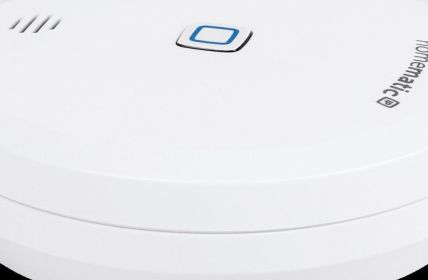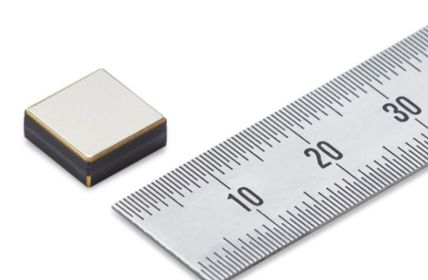Software developer Kaspersky is introducing new policies at its company to better monitor IoT-enabled bionics. This is intended to prevent unauthorized access from the outside.
Table of Contents: What awaits you in this article
Bionics: extending human nature
In the field of bionics, man has long been copying processes from nature in order to replicate them technically for himself. Sonar or echo-sounder technology and Velcro fasteners are examples of this, as are syringes, suction cups and propellers. For some time now, the medical area of this field of experimentation has been the focus of attention whenever another sensational breakthrough has been achieved. Originally, this technology was intended to enable people who had problems getting around due to birth, accident or war injury to lead a more comfortable life by means of prostheses. Soon, however, the military, business and technology enthusiasts realized that these aids could exponentially increase normal bodily functions. The security industry around the world also realized that body-worn or even implanted systems could provide greater security in sensitive environments.
IoT Implants: Secure access to highly sensitive areas
Kaspersky, a security software developer anticipates that in the future, more and more of its employees will be equipped with bionic extensions of themselves. Advances in machine learning and optogenetics are visibly fueling this development. They are making it possible to capture, adapt and optimize human biological characteristics with ever greater precision. The company is responding to this trend by increasingly allowing employees to wear so-called biochips to gain further access to the company’s highly sensitive areas. These sensors, which are implanted in the body, will gradually replace the key cards that are still frequently used today. Those who use the technology will then be able to dispense with checks at metal detectors, but they will have to provide their employer with a doctor’s certificate stating their intended use. The NFC biochip is already widely used by Kaspersky. It stores biometric characteristics of its wearer, which are immediately checked by an intelligent camera at every contact. In the process, these internal modules are powered by energy emanating from the muscles in the body.
Bionic IoT: Security Threats Expected
Like many Internet of Things (IoT) interfaces, bionic extensions could increasingly become the focus of criminals’ attention. The rather inadequate security measures in this area, too, are a real invitation to abuse. Rapidly outdated technology, often based on insecure hardware and software and rarely if ever updated, opens the door to digital attacks. For Kaspersky, conceivable threat scenarios here include the theft of information essential to the operating process, forged identities in the event of unauthorized access, and the spying on company internals through audio-visual implants.
Kaspersky: rules against IoT security problems
Kaspersky doesn’t just want to help its personnel improve their lives through this technology. They want to protect their environment as well as their own from harm. Therefore, regulations have been issued to help contain such threats. Bionic devices are therefore closely monitored for compliance with privacy settings. Secondly, access rights to all facilities are diversified. To this end, a more precise distinction is made on a department-specific basis as to who is granted access to which segment, where and when. In addition, the company management is also keeping a constant eye on the general health of its subordinates. Neither human nor technological capabilities are to be restricted in their functionality. Merely the basic conditions for their support, development and guidance are to be set here now. In detail, this means, for example, that all physical enhancements of a bionic nature must be reported to the compliance team and their bearers must commit themselves to constant security updates. Only in this way can the future market for bionics, estimated at 8 billion dollars, be reliably exploited.














